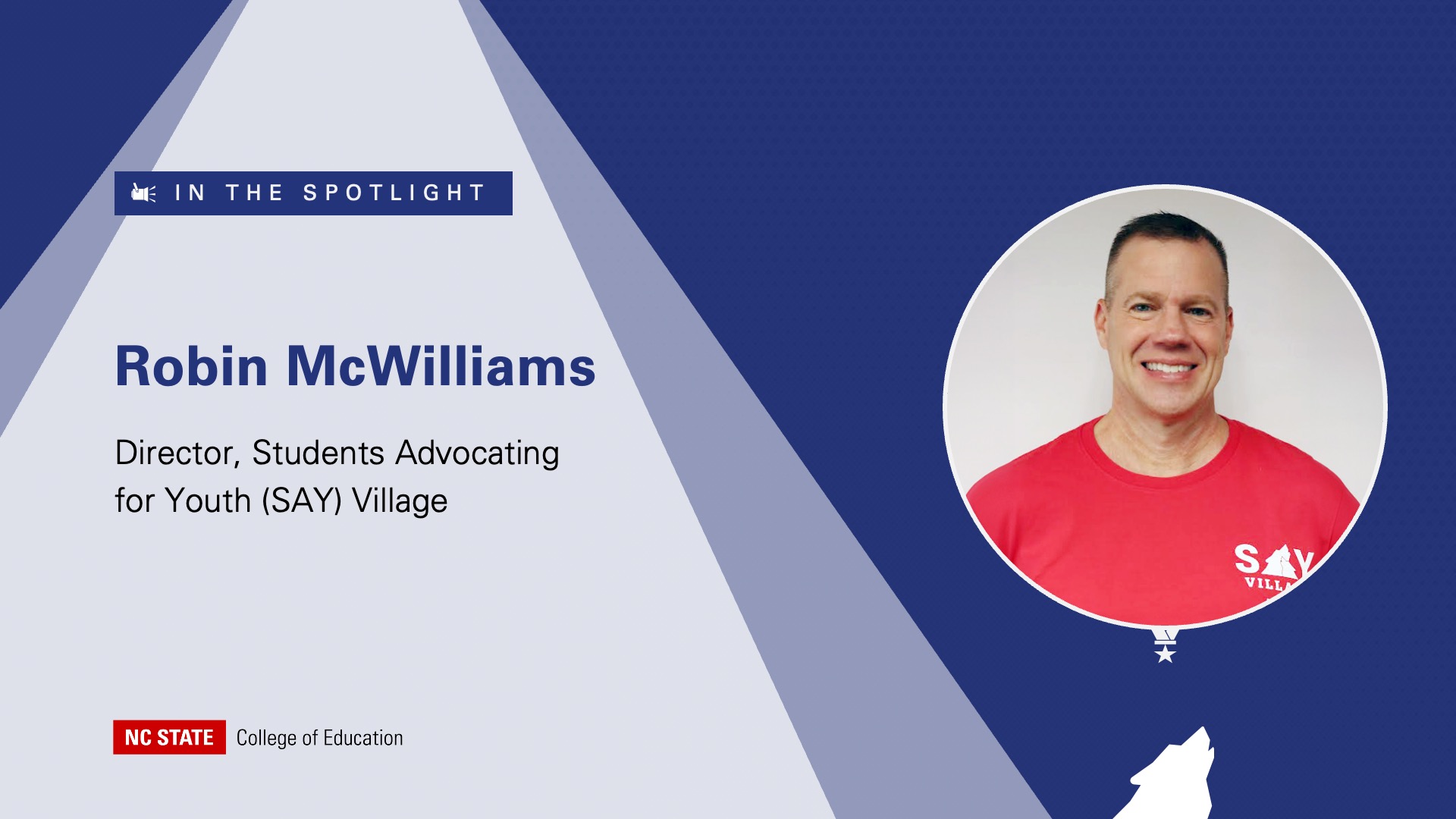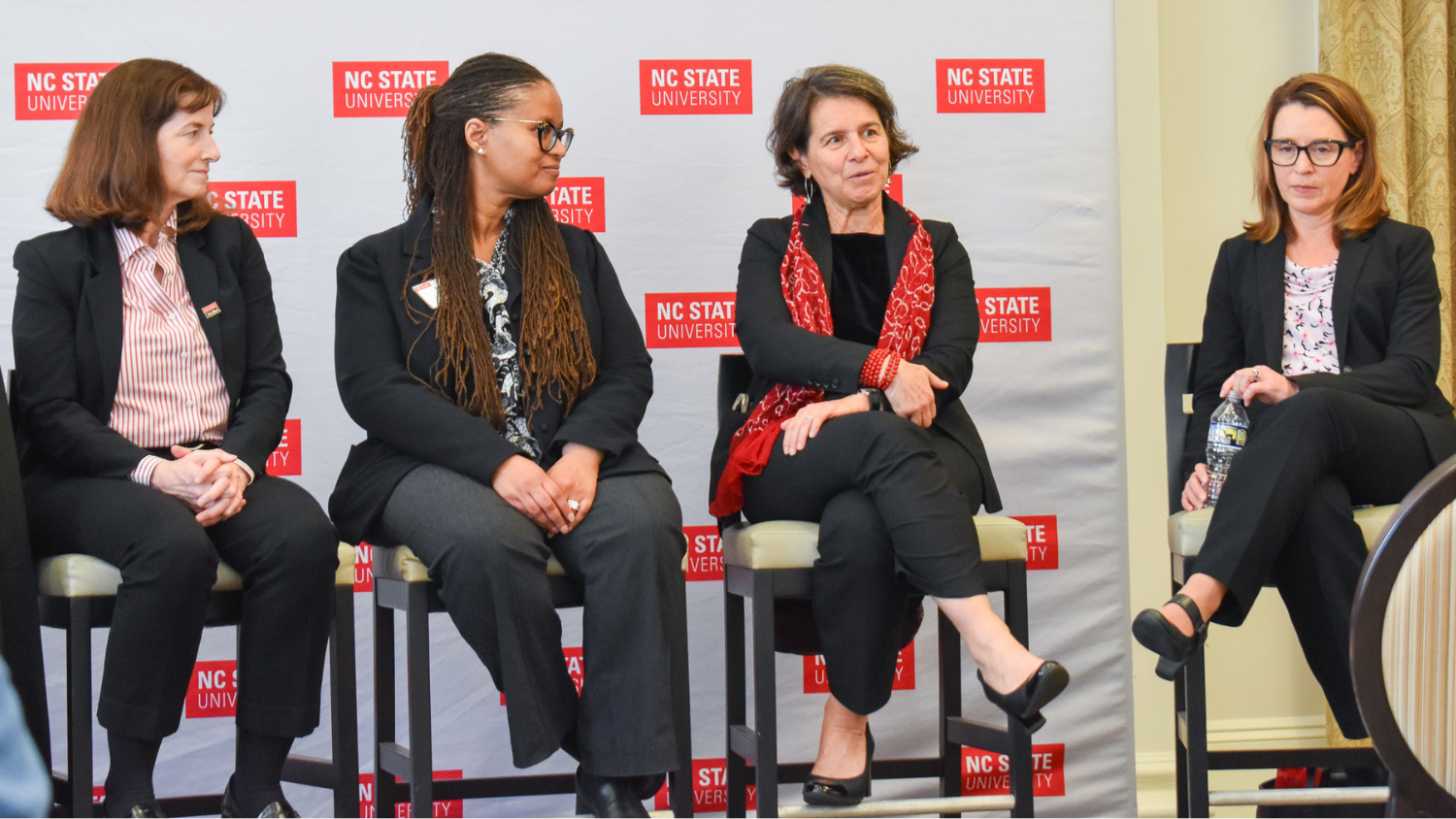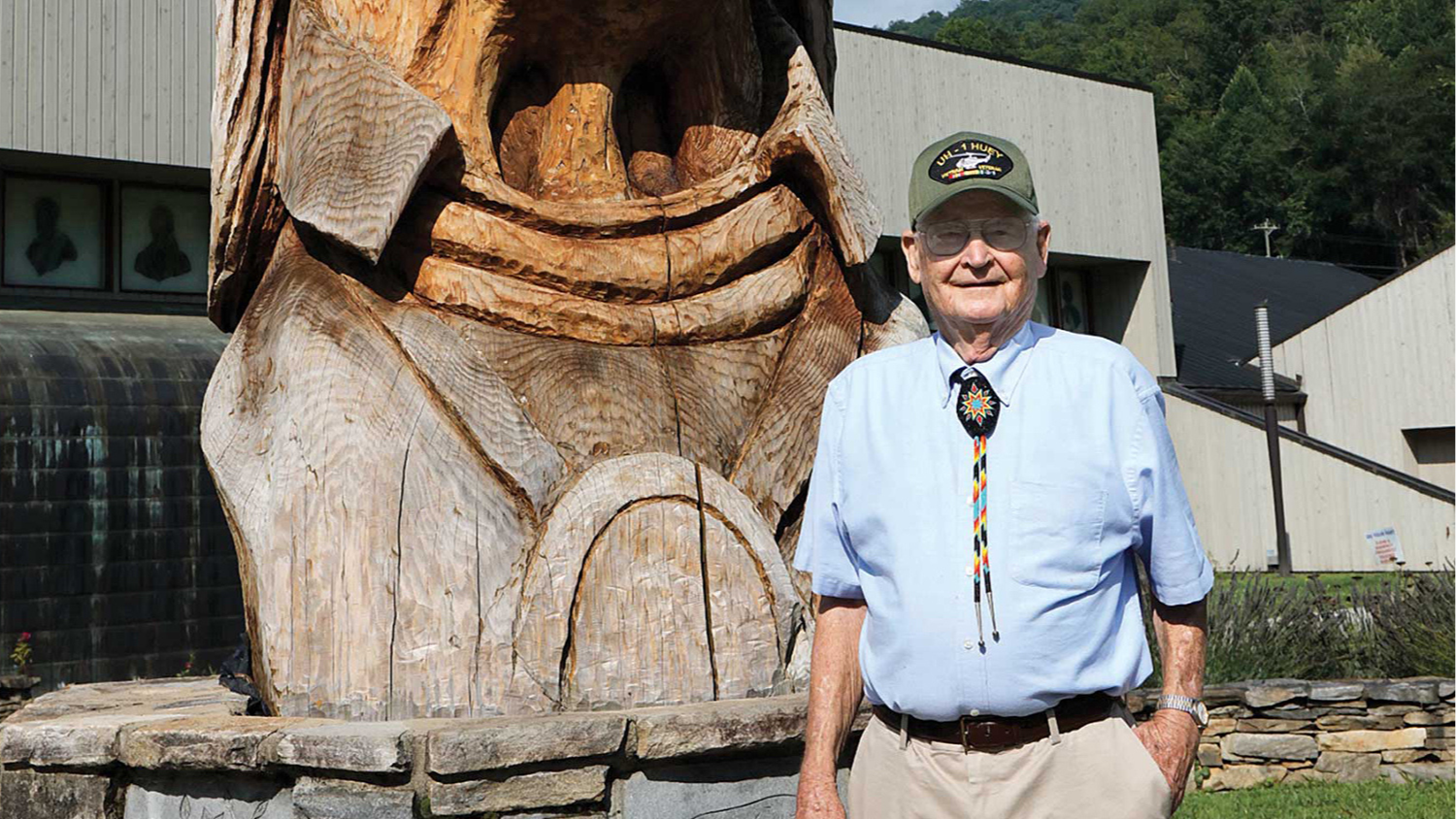Pack IDEAs Faculty Spotlight: Lisa Bass, Ph.D.

In each edition of Pack IDEAs (Inclusion, Diversity, Equity, and Access), a newsletter released by the NC State College of Education Change Agent Task Force, we highlight faculty, students and alumni who have expertise and experiences that align with advancing diversity, equity, and inclusion (DEI) within the college. In becoming an anti-racist college community, we must deepen our commitment to creating and sustaining a healthy teaching and learning community that uplifts the humanity of all people, but especially Black, Indigenous and people of color, who due to structural inequities are marginalized in education and society. The spotlight feature offers a counternarrative that celebrates and showcases the brilliance of individuals within our college community.
Lisa Bass, Ph.D.
Associate Professor of Educational Leadership and Policy Studies
Department of Educational Leadership, Policy, and Human Development
How long have you been a faculty member at NC State? Since 2012
Why are issues of diversity, equity and inclusion in education important to you? Because diversity is the present reality, and will only increase in the future. Also, addressing issues of equity, equality and inclusion mark our best opportunity toward equality. When we work to find out what diverse populations need in order to be successful and devote our work toward meeting those needs, then diverse populations will begin to perform to their potential, and we will one day see equality. Especially if we do not stop until we have worked to meet all of the different needs. We must internalize the notion that differences in performance occur because of differences in opportunities, which are often based upon the diversity presented in our classrooms. I believe that as educators, it is our responsibility to adjust our own delivery to accommodate all students — even if that means different treatment based upon diversity. The difference in treatment will serve to level the playing field for students as the needs of students who have been historically neglected are met.
Are you currently conducting research around the area of diversity, equity and inclusion? If so, tell me a little about your research. I am currently writing a paper on research I conducted where I looked at the performance and backgrounds of exemplary principals. In this research, I asked principals who had won the Wells Fargo Principal of the Year Award how they had been trained, and about their orientation towards equity. I am also working on a grant application where I intend to study equity and diversity of principal pipelines.
What are you hoping to accomplish as a result of your research, and how do you expect it to impact the field of education and learners? I hope to inform leadership preparation programs and policy makers of the importance of equitable practices in educational leadership, as well as in the educational leadership pipelines nationally. Equity in schools starts with leadership, so I hope to provide empirical data that adds to the current body of work on equitable leadership, that will work together to make a difference in leadership policy, training and practice.
Are there community projects and/or initiatives you are involved in that are related to diversity, equity and inclusion? Tell me about those projects. I am part of the Flood Group, whose central purpose is to improve educational opportunities for Wake County students. This organization engages in projects and initiatives that promote equality through equitable practices. Examples are tutoring programs, book drives and book giveaways. The Flood Group also does parent training for disadvantaged parents and provides them with information that empowers them to better partner with schools and school districts.
What do you hope to teach future educators and scholar-leaders about equity and inclusion in education? How do you incorporate that into your instruction and curriculum? I hope to teach future educators and scholar-leaders first, what equity really is. I hope to clarify definitions that trouble people and that set more advantaged people on edge. I hope to demonstrate that equity is fairness, not taking anything away from anyone, and that all students are equally deserving, regardless of where they come from. That we all need equitable treatment (grace), in some way or another. That just because we were born with more, or have access to more, doesn’t mean we deserve it any more than someone who was born poor. I hope to teach future teachers and educational leaders that poverty doesn’t determine worth or value… That the creator didn’t measure gifts and talents by what we have, but by what He has. There are many people who are too poor to attend school (worldwide), who have gifts and talents far greater than those who were born wealthy. Since we cannot see gifting, it is therefore our responsibility to teach all like they have been endowed with the greatest gifts ever given! We might be the only instructor who believes in students who don’t have ‘the look’ or the money that traditionally affords folks the favor necessary to be considered for opportunities that position them for educational, societal and vocational greatness.
I teach a course on diversity and equity in which I unpack the principles, definitions and practices associated with equity, and I incorporate it into my other courses through example, (how I treat students and believe in them) and also through storytelling, case studies and role plays, as appropriate.
What advice do you have for self care and wellness, particularly for people who are actively advocating for justice? I recommend that we seek to do all that we can in order to promote equitable practices to and for our students so that we can sleep well at night! I also recommend that we take some time for ourselves. Time to eat well, breathe well and deeply, and time to enjoy the things and people that we love. Hug and kiss your kids, especially while they’re still little and like it! And connecting with REAL friends who you know really care about you is golden. I mean the people who check on you and just happen to call when you really need it, and those who are dropped into your spirit for seemingly no reason — until you call and learn that you too are calling just at the right time! You need to be able to connect with and talk to someone! Also pray if you pray, and meditate if you meditate! Do both if you can. It takes all of that and then some at times! Life has been especially difficult during the COVID pandemic, but these practices are timelessly important in helping me to maintain balance.
- Categories:


